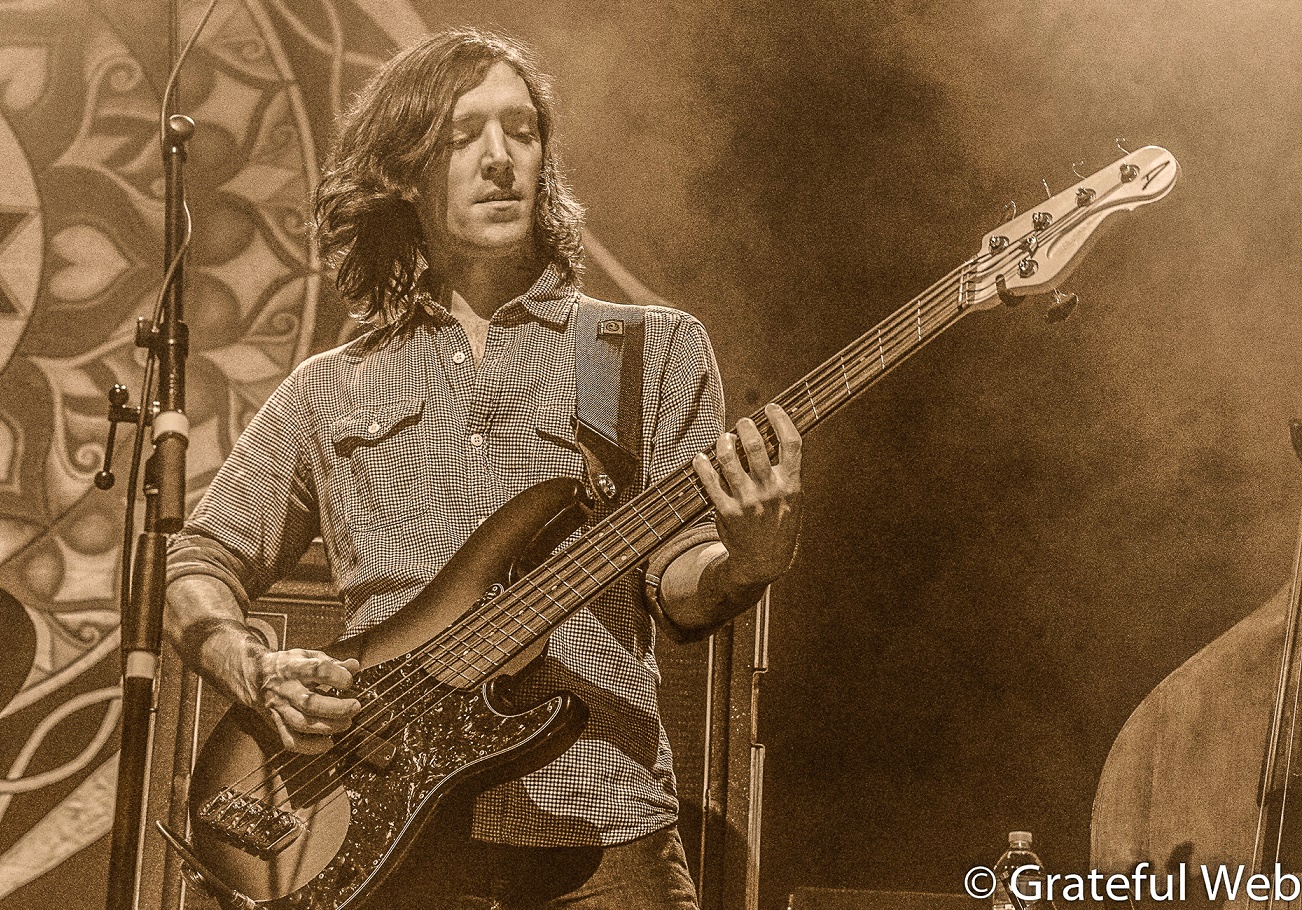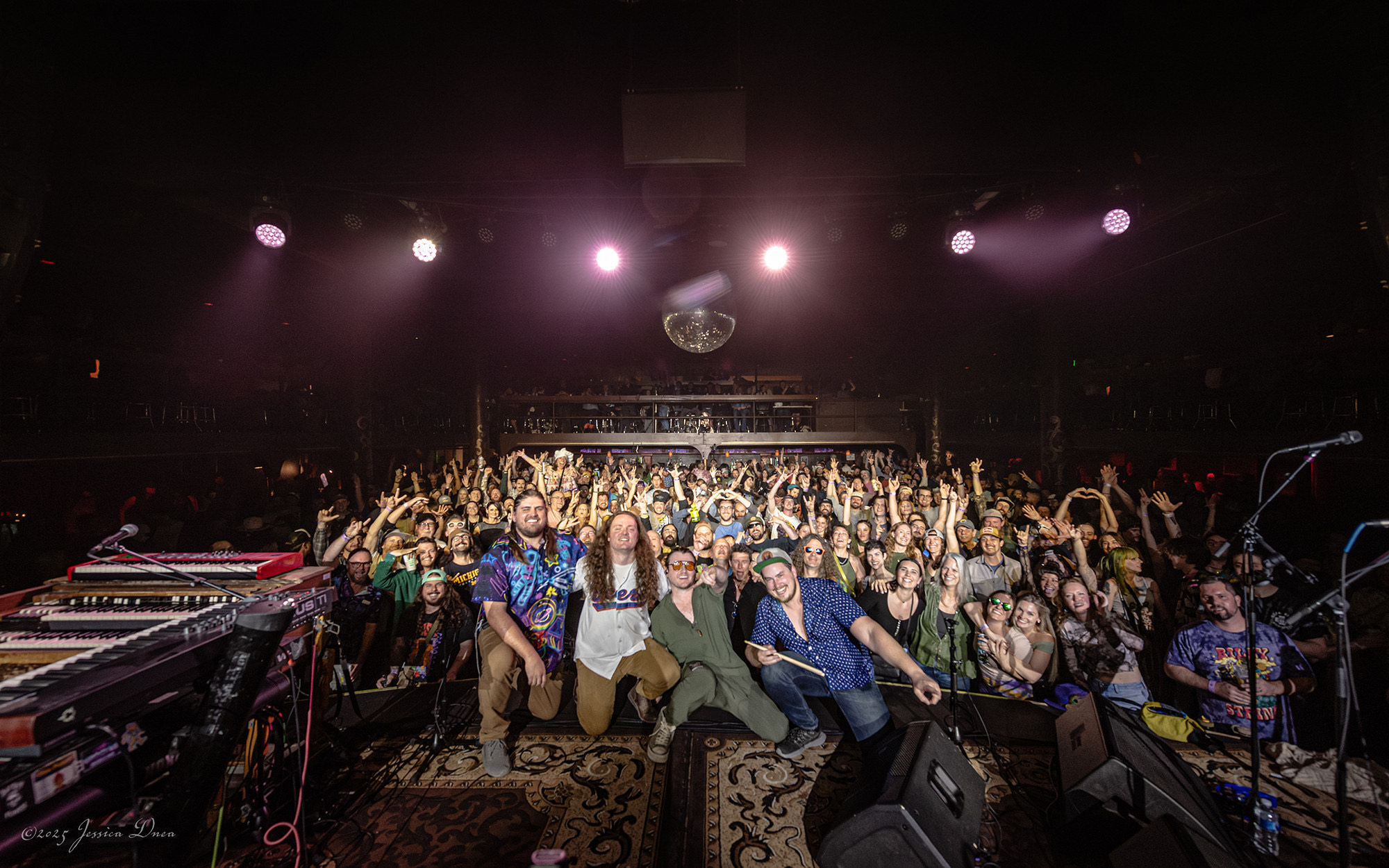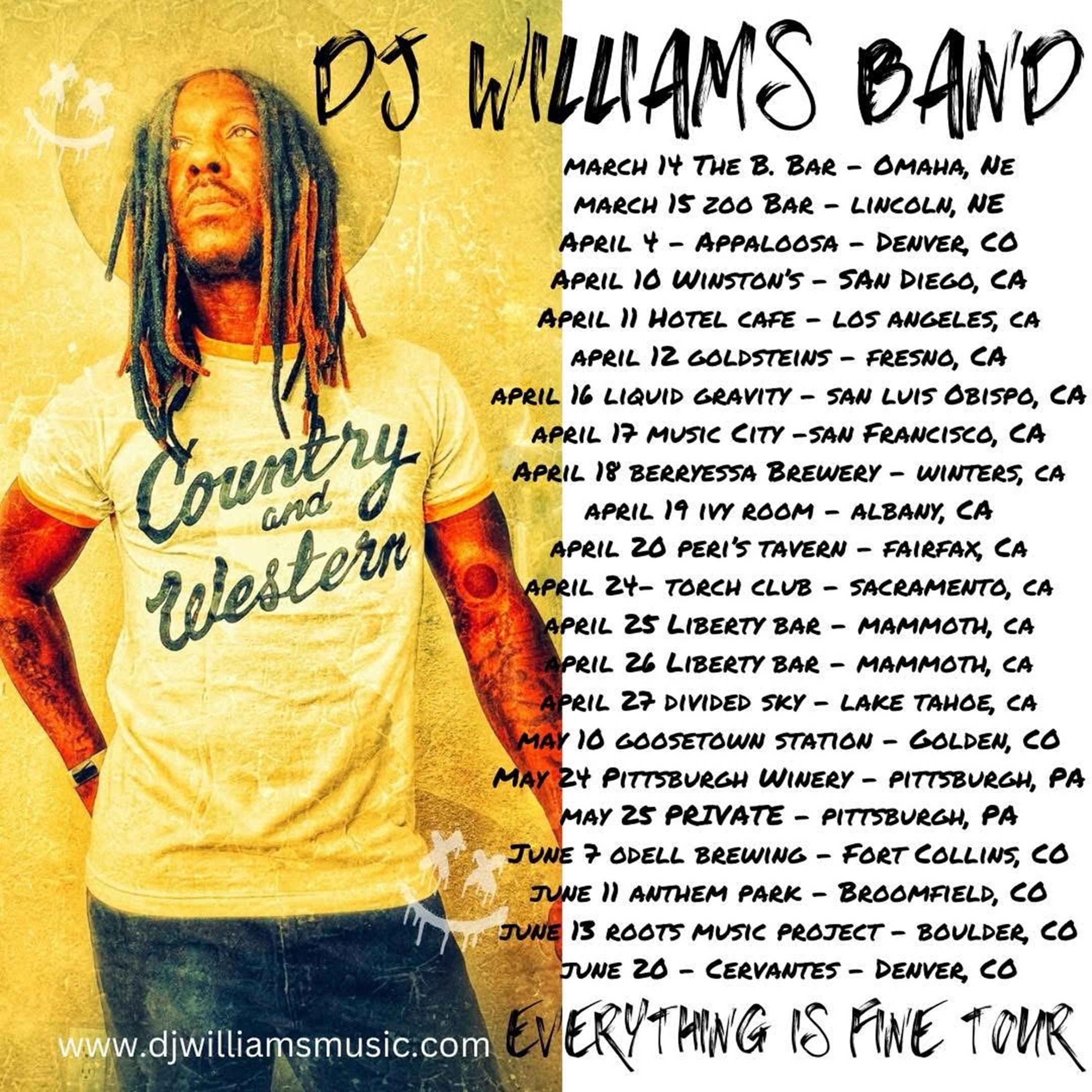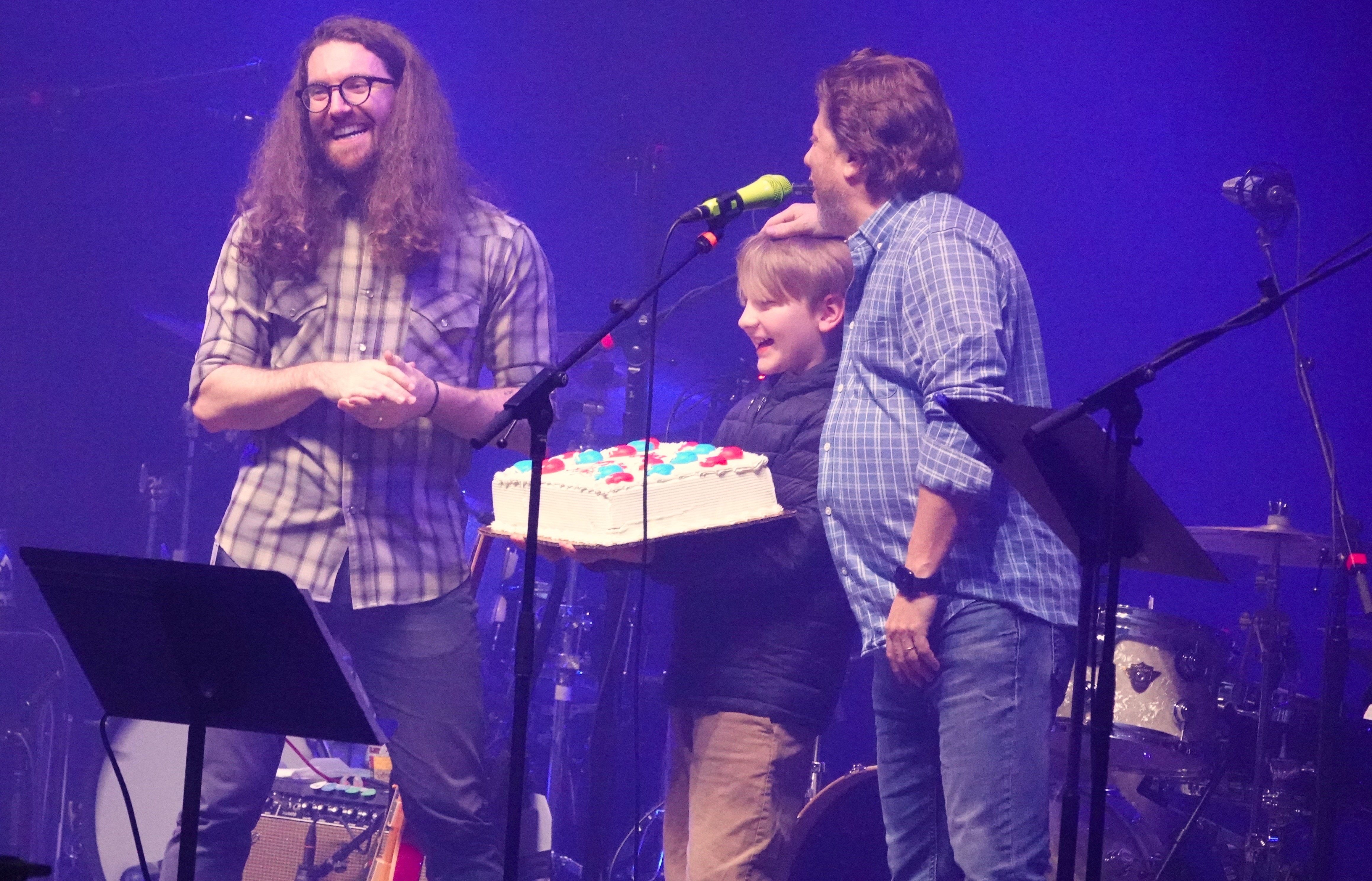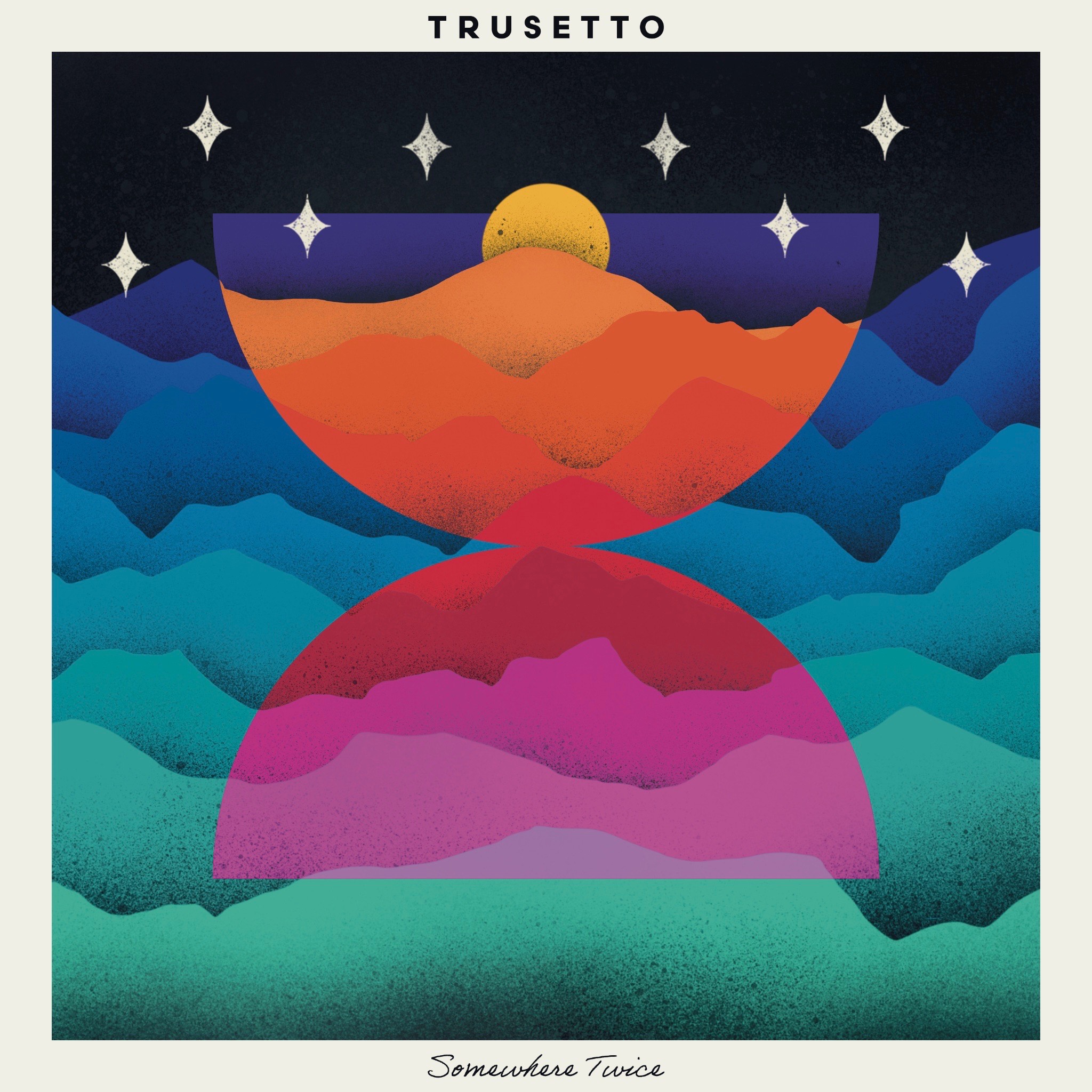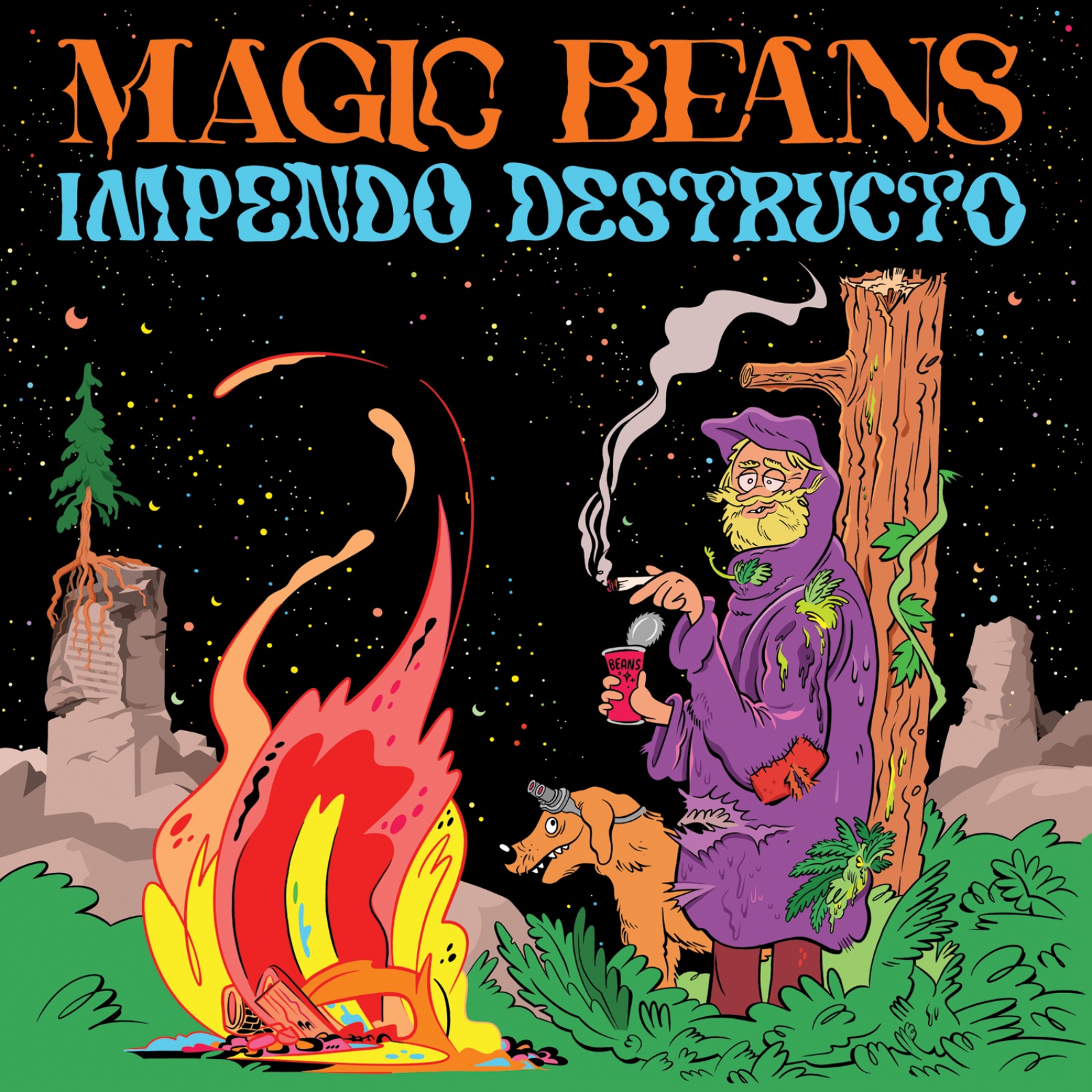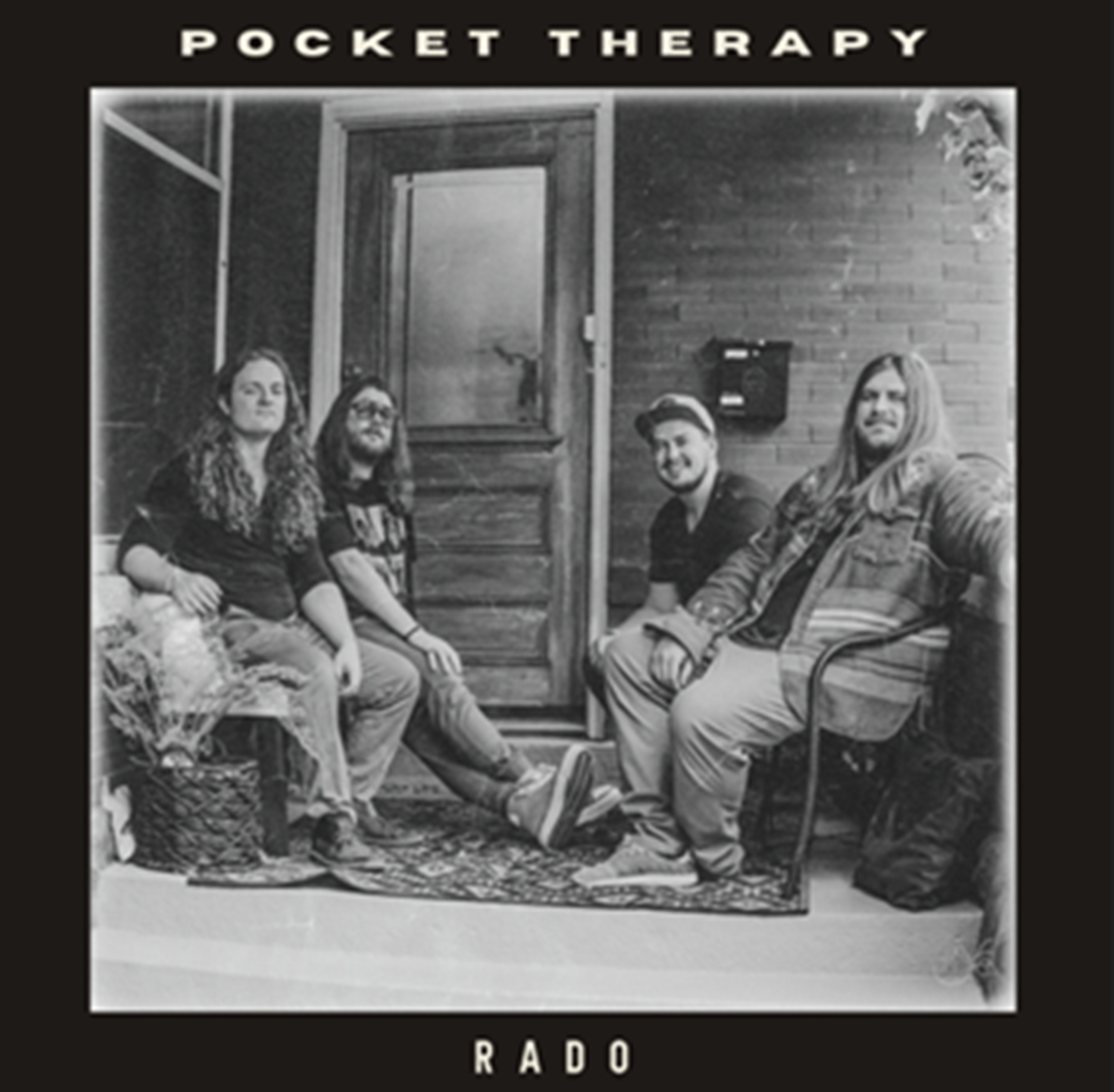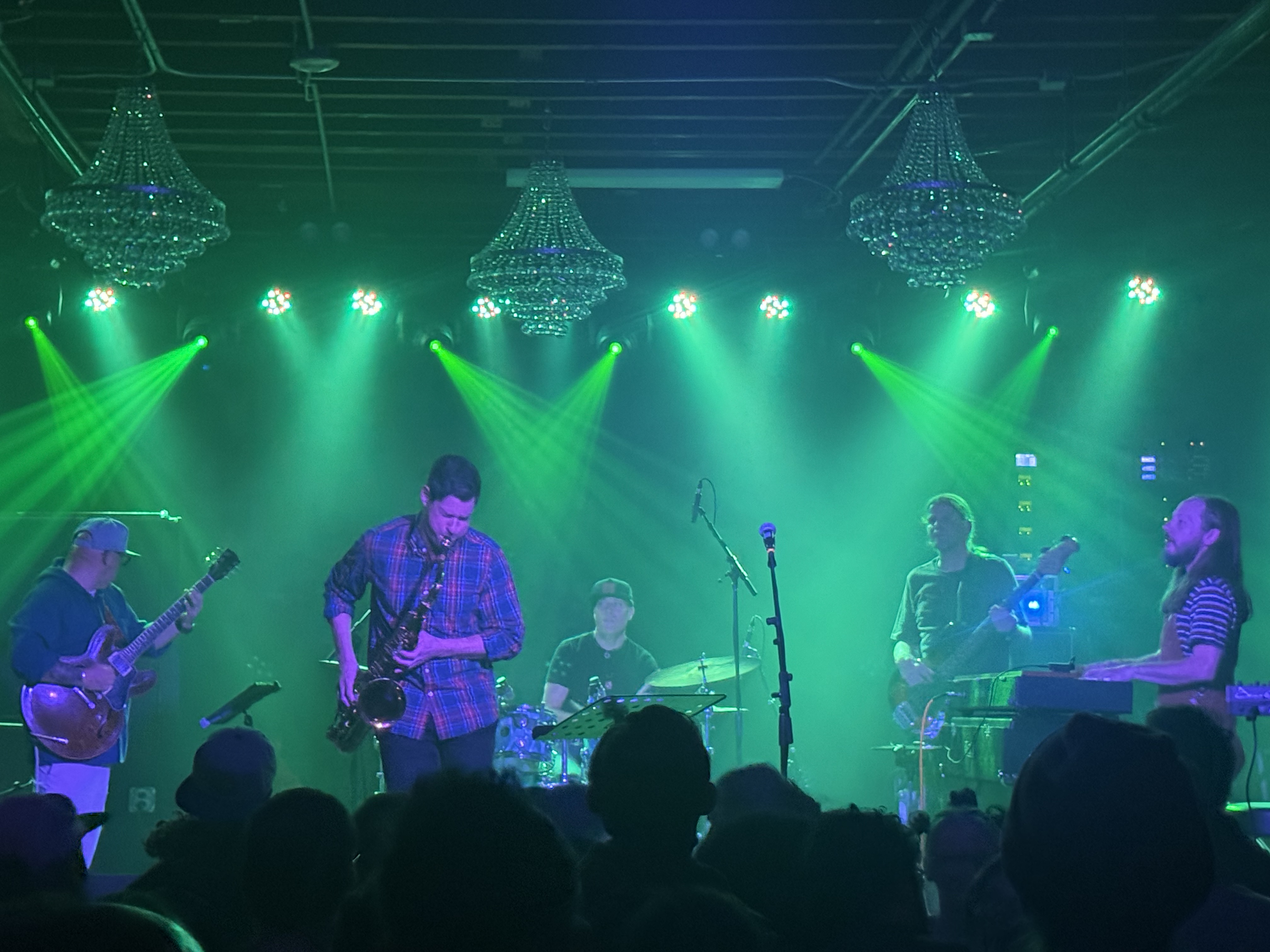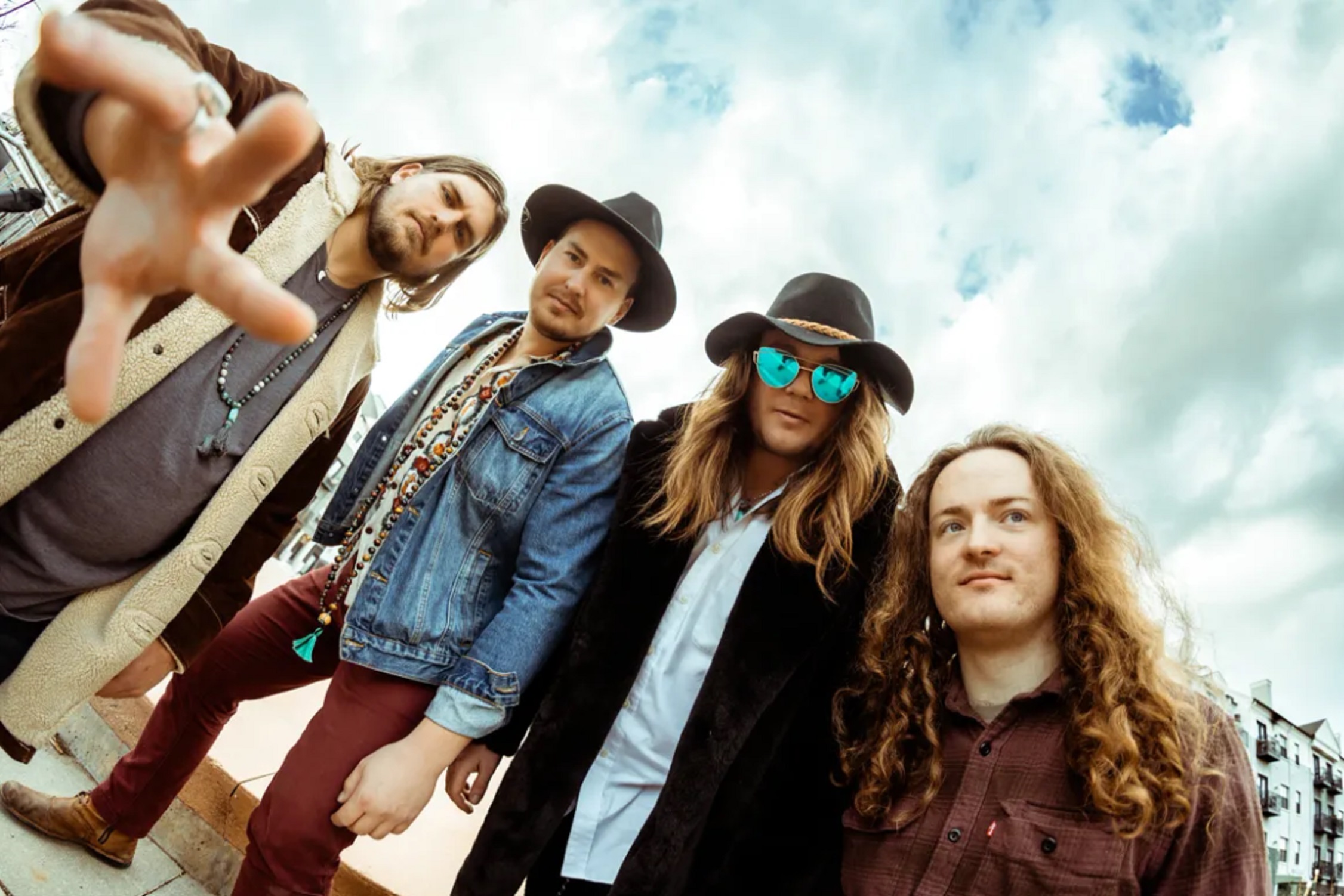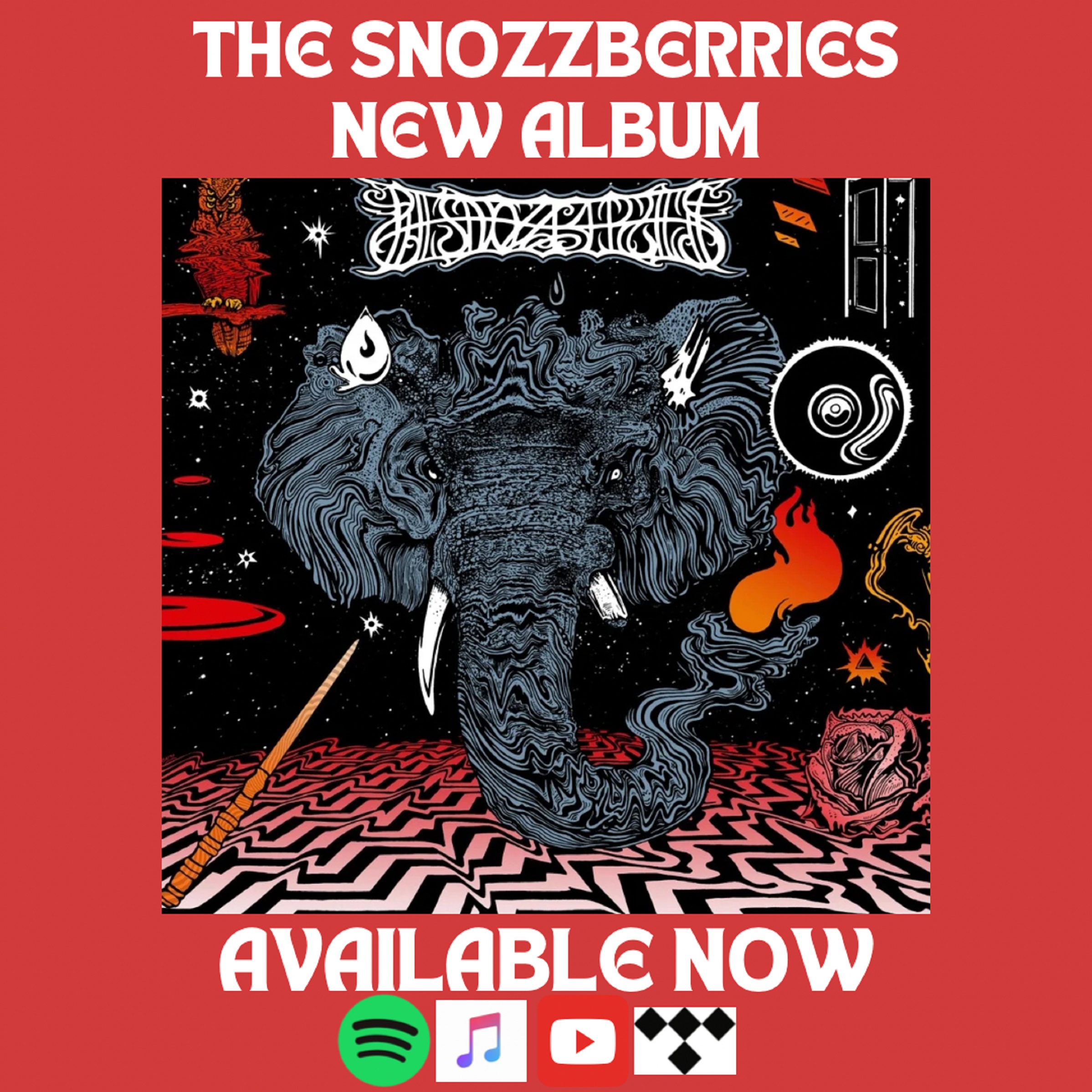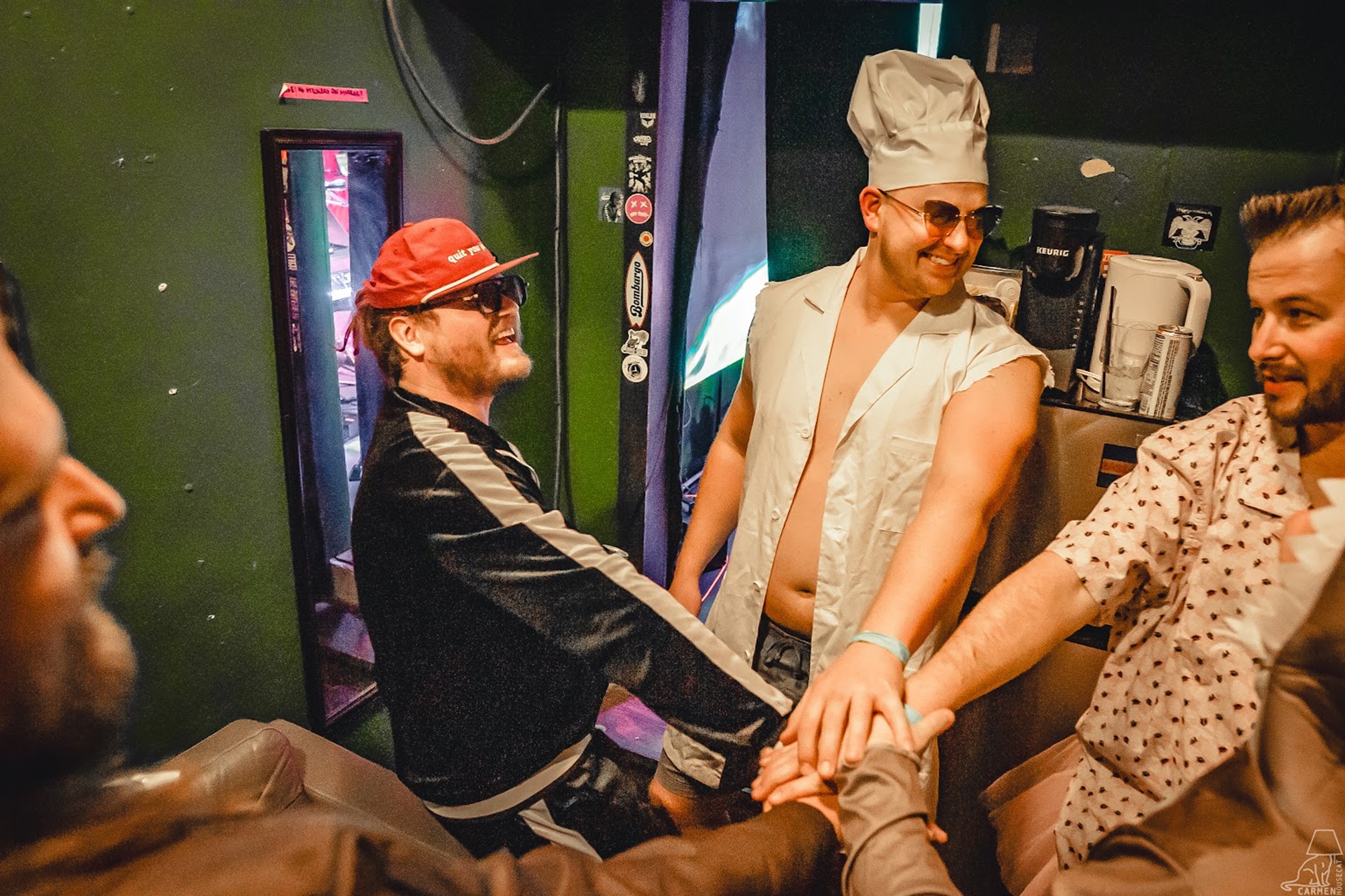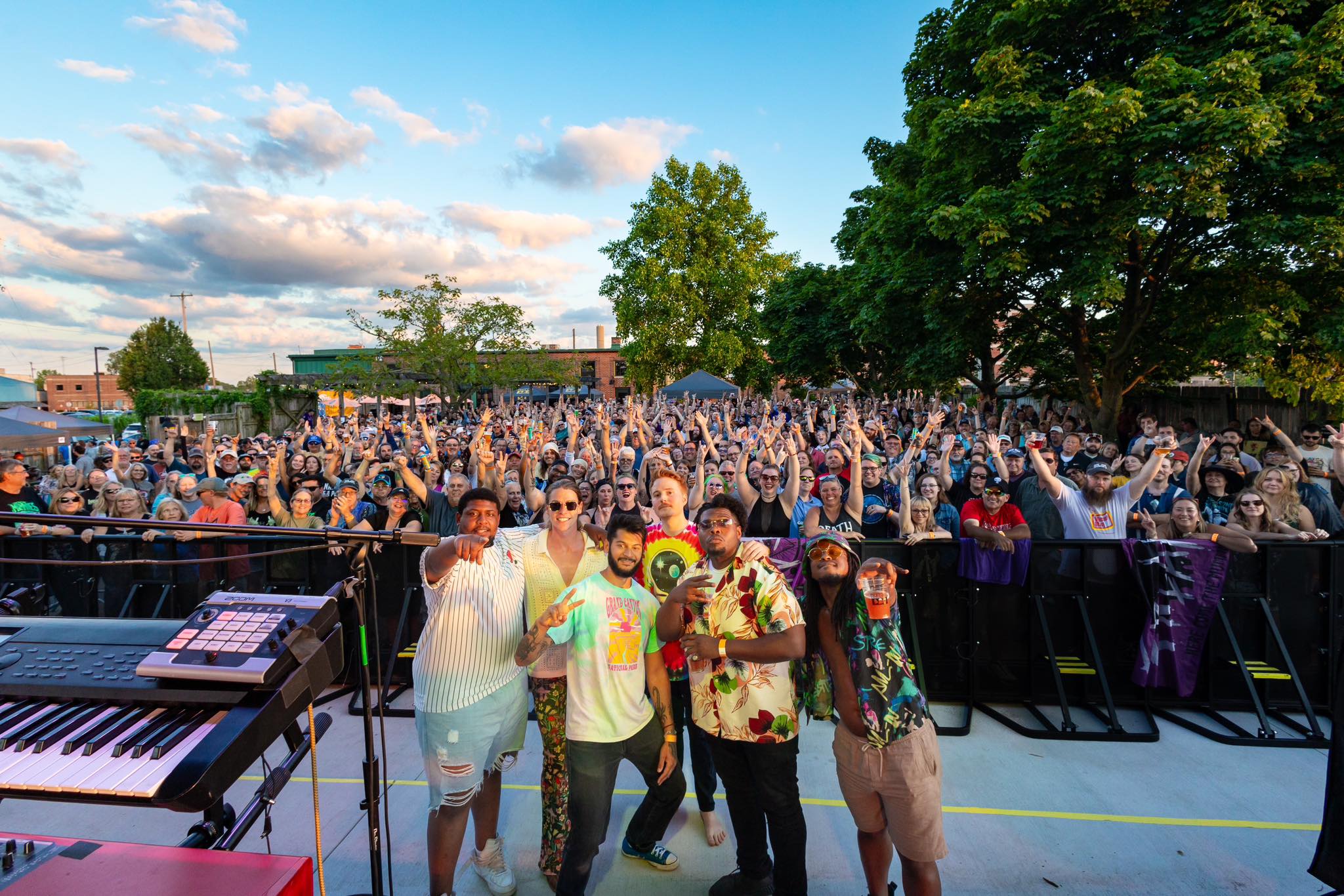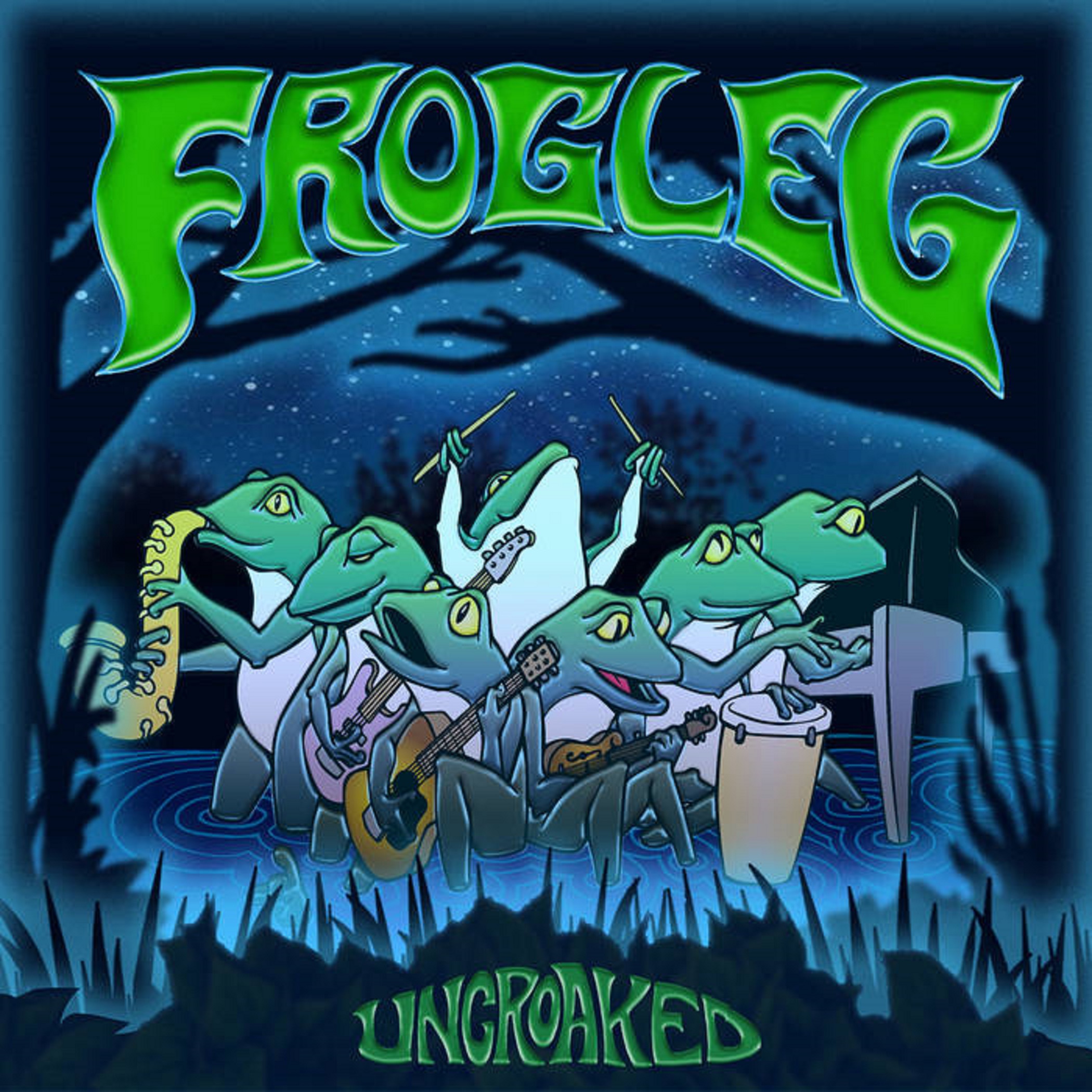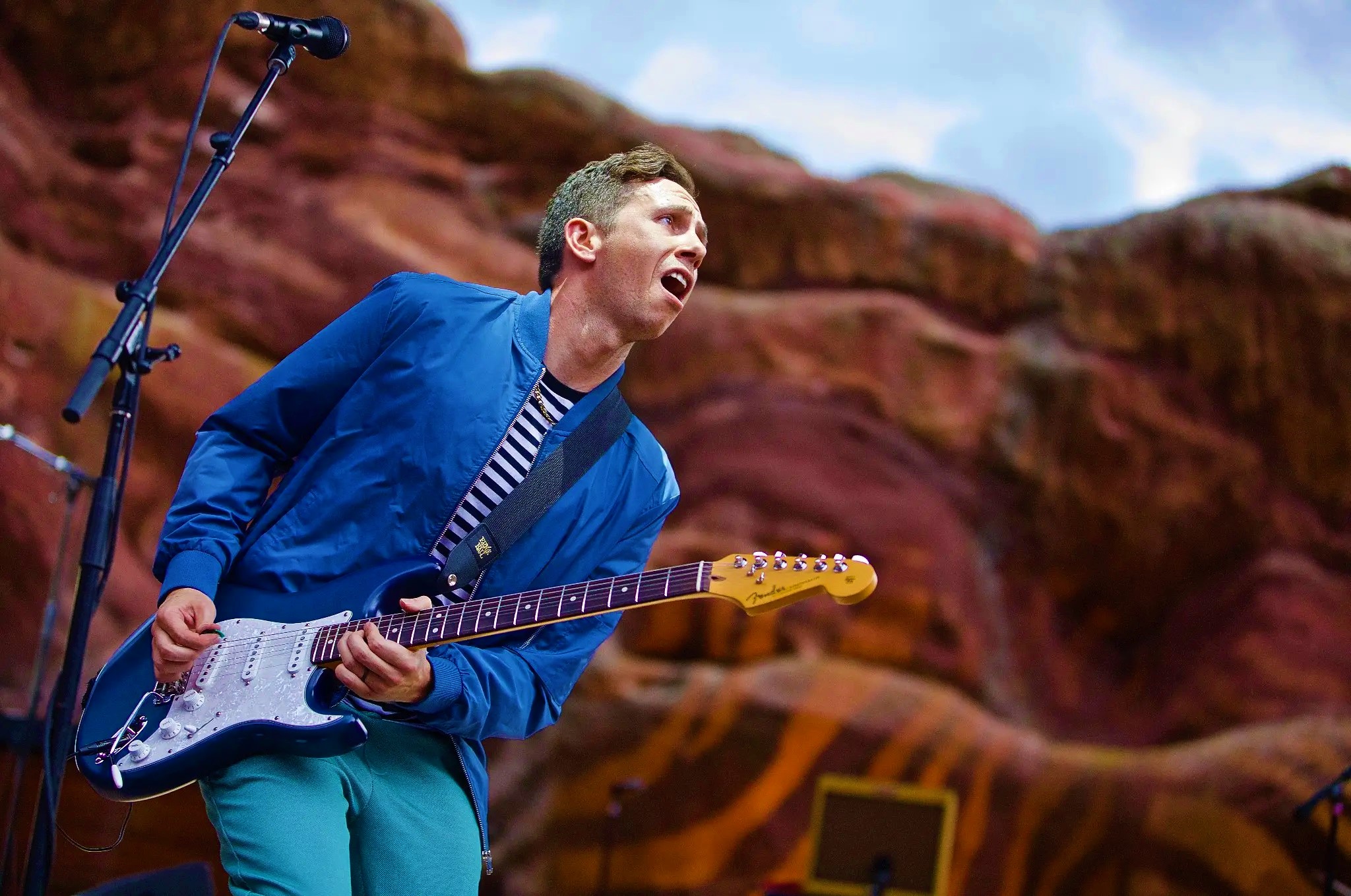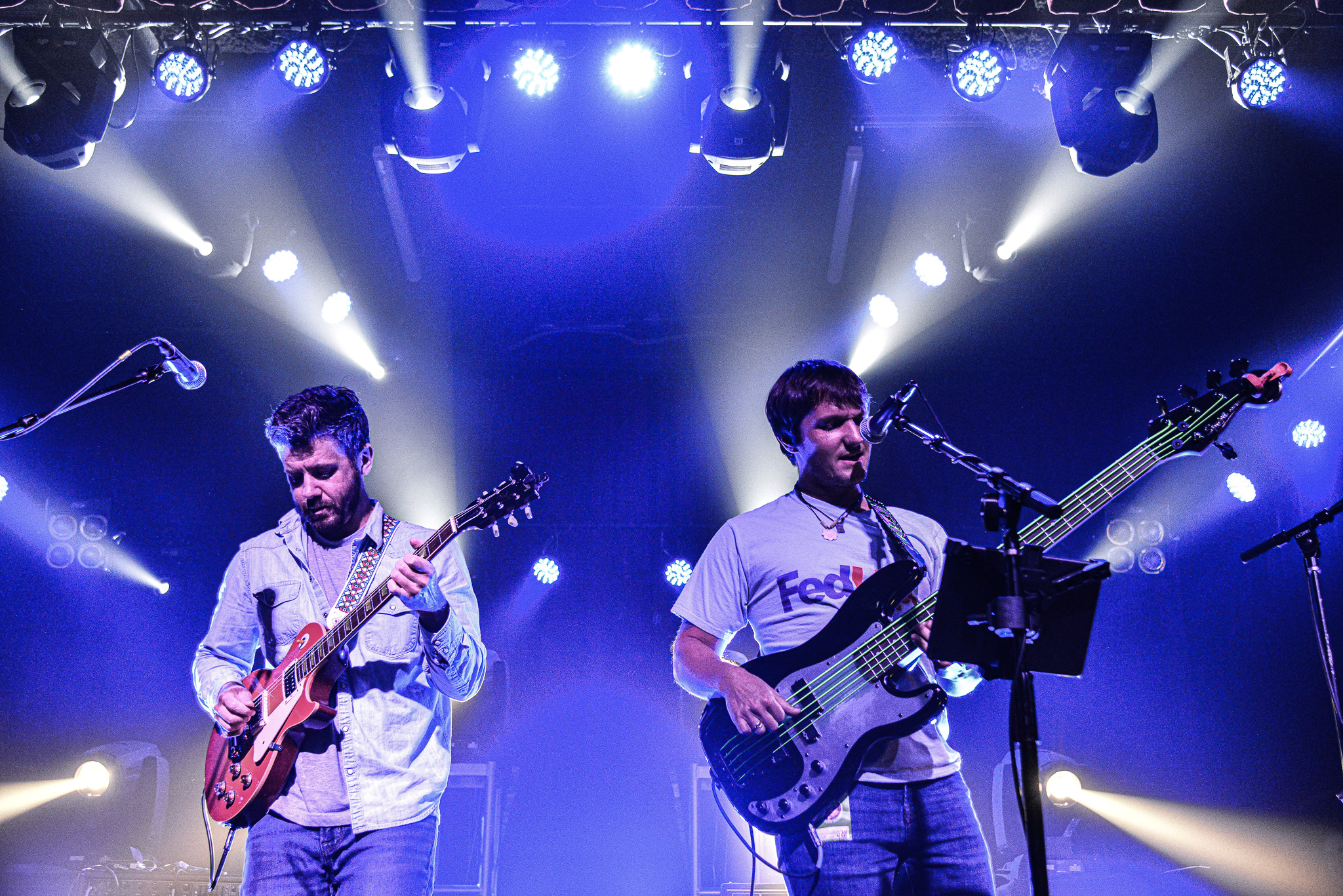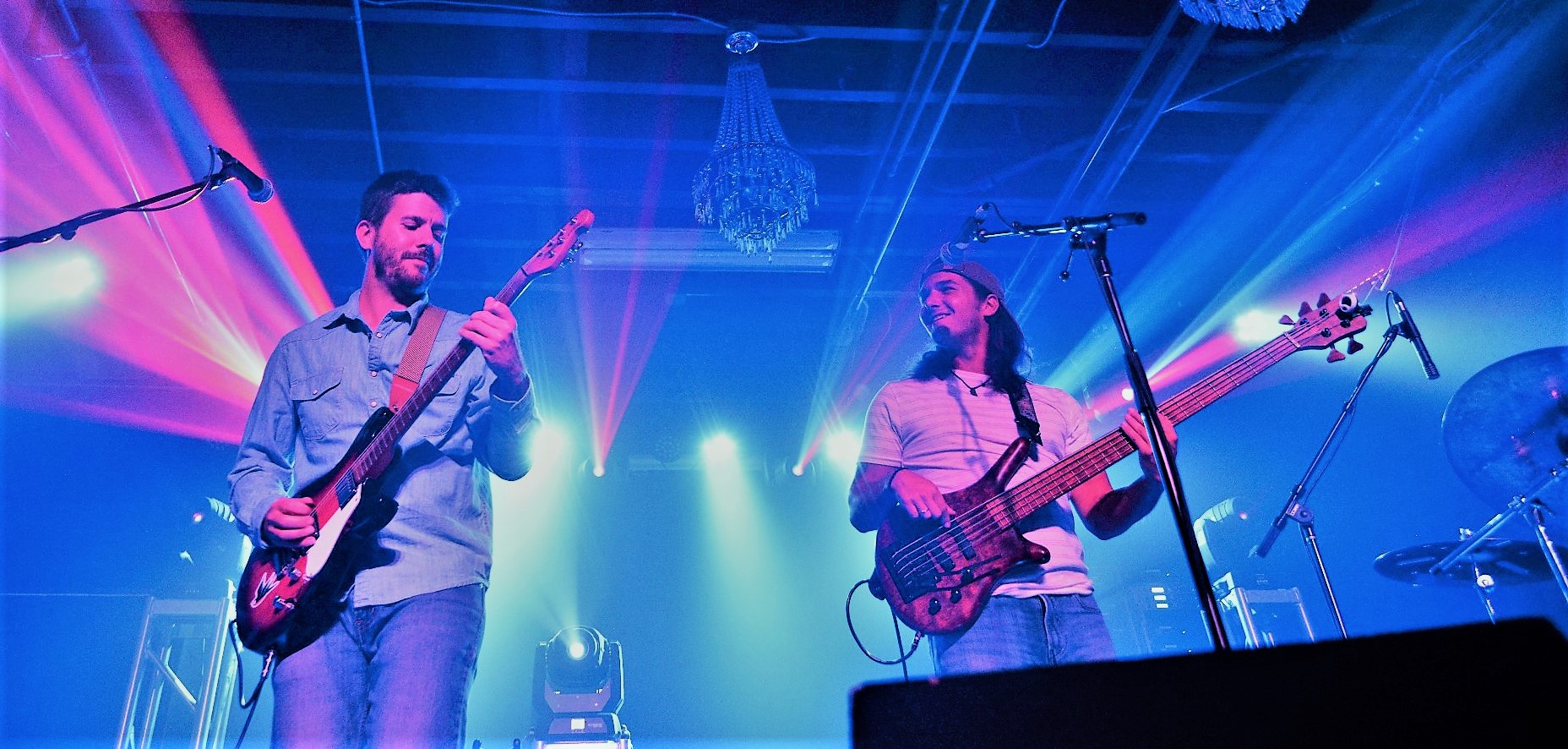This past week, singer, songwriter and multi-faceted bass wizard Andrew Altman of Railroad Earth sat down with the Grateful Web to discuss the debut of his self-titled solo album, produced by JRAD’s Tom Hamilton. The animated conversation also veered into discussion about some of the similarities and differences between upright and electric bass, Railroad Earth’s electrifying performance at Red Rocks this past summer, and Altman’s major musical influences including Phil Lesh and Mike Gordon among many others.
GW: What’s up guys my name is Elliot with the Grateful Web and today I’m here with Railroad Earth bassist Mr. Andrew Altman. Andrew, how are you doing this afternoon?
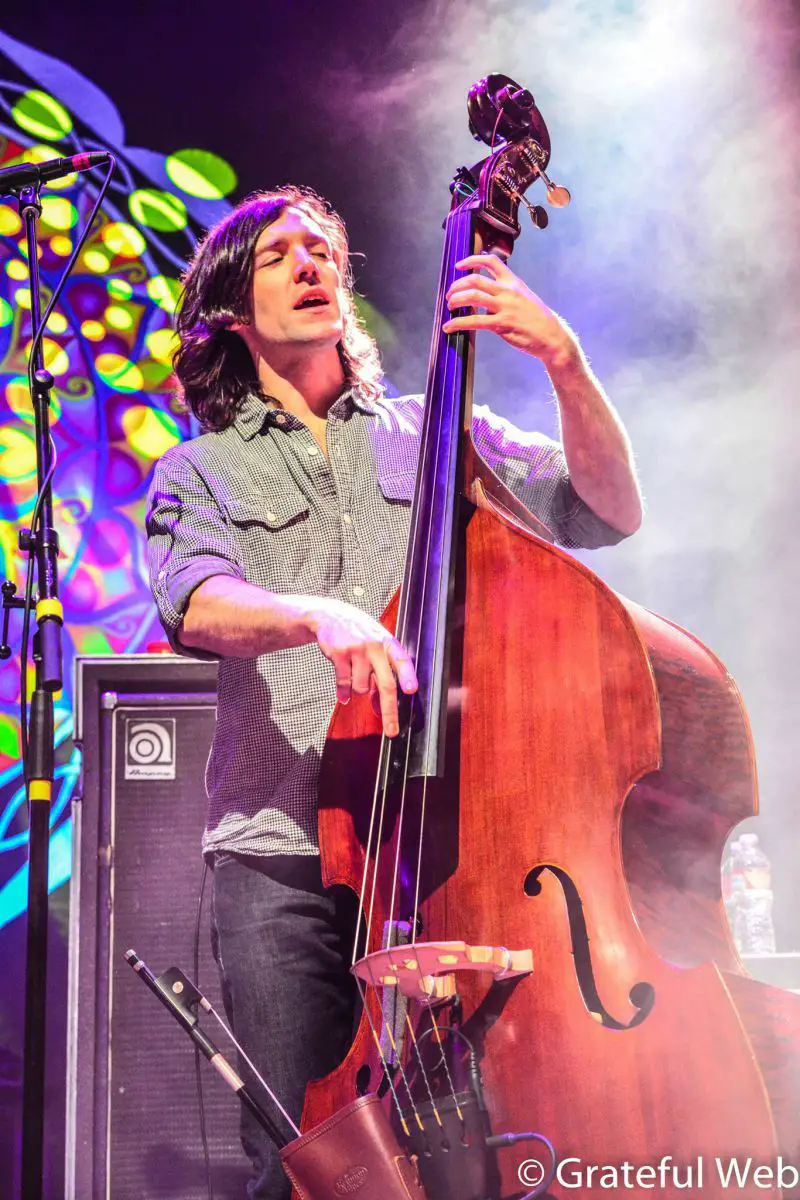
AA: Pretty good man, we just pulled into Royal Oak, Michigan. Railroad has got a show tonight and we’re excited to be here.
GW: This past year you’ve spent about 6 months in a Philadelphia studio alongside JRAD’s Tom Hamilton working on your solo self-titled EP, walk me through the recording process of this new album.
AA: Yeah this was a great project and it really worked out perfectly with the schedule of Railroad Earth. You know I’ve always enjoyed the sounds of Tom Hamilton’s American Babies albums, so when I found out that he was responsible for a lot of the playing and the sound I gave him a call and said, “Hey man, I’ve got a bunch of tunes and maybe we could work together?” It was kind of funny, I assumed we would be getting some players down there in the studio, but he was like “Naw man, come down here and just trust me.” So the process itself was pretty much just throwing stuff at the wall, which was totally awesome coming from a different mentality where you get players together, you rehearse a bunch, then press record and hope you get it. This was just completely the opposite, you just start playing different parts and if you don’t get it then you hit delete and try again. So it was really fun, Tom would hand me a guitar and say, “Play it,” and I would sort of question him like, “Well no, you’re the guitar player here, why am I playing it? You know what I mean?” or he would sit down on the drum kit and just be like, “You’ll see.” So just playing around with different styles and instruments was really a cool experience.
GW: Now I know you’ve written some Railroad Earth songs in the past, but this new EP is all original material that hasn’t been played with Railroad. Where did these songs originate? Have you had them floating around for a while, or did you just sit down one day and write a bunch of new material?
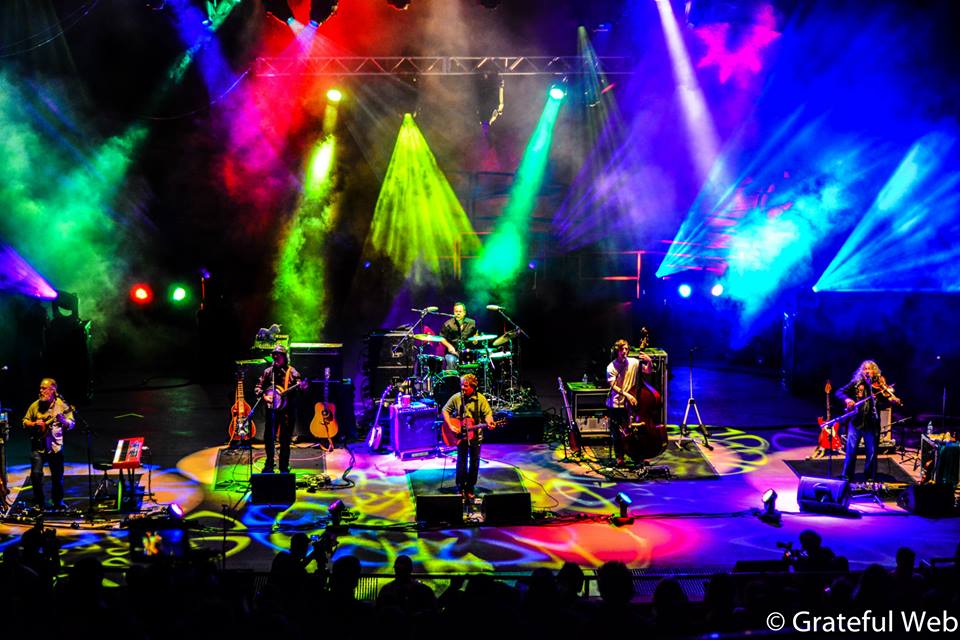
AA: It’s really been an ongoing process; the thing is for me is that I worked incredibly hard to get my bass playing to a certain level where I felt like I could do anything. I studied jazz in college, and it takes so much just to get to a certain level with one genre. It honestly takes around ten years to learn 10% of a certain style, and another ten years to grow on that and learn, and honestly some of those particular styles I just wasn’t interested in doing anymore. So about six or seven years ago, I was looking for a way to challenge myself and I thought, “well what could I try to learn that I’m not good at yet musically,” and I originally started with guitar before I became a bass player, so I started playing guitar, singing and songwriting again. You know, there are so many great singers in our scene and you really want to be able to feel like you have something to offer in that department. So it’s really been something that’s been building over the last six or seven years, just to give myself a new challenge and stay inspired on and off the road. Eventually I just collected enough material to where I felt good about it, and found a guy who’s sound I liked and everything just sort of worked out well.
.jpg)
GW: When writing music outside of Railroad Earth, does your approach to writing music change at all? Do you feel that you have more creative control? Or does the formula pretty much stay the same?
AA: It’s all just about that challenge of wanting to be creative, it’s not creative control as much as just being to keep on creating new things. I mean you can only sit around in your house and play bass by yourself for so long, you know? So the songs that I’ve contributed to Railroad Earth have been songs that I had been sitting on already. Honestly, I just write songs because it’s fun, so I’ll have something I’ve been sitting on and we will be playing in rehearsal and maybe we will be playing a tune that sounds similar, so I’ll introduce it then. Also, that’s great too because the other guys contribute their ideas, like maybe John will add an instrumental section to the song that didn’t exist or guys will make arrangement ideas. So it’s definitely not like a frontman thing, where it’s like “hey guys, were going to do my song now,” it much more of a full-band process. Also, when I’m writing on my own I never think that this is going to be a Railroad song or this is going to be a solo song, I just write songs and if it happens to work for the band then that’s even better.
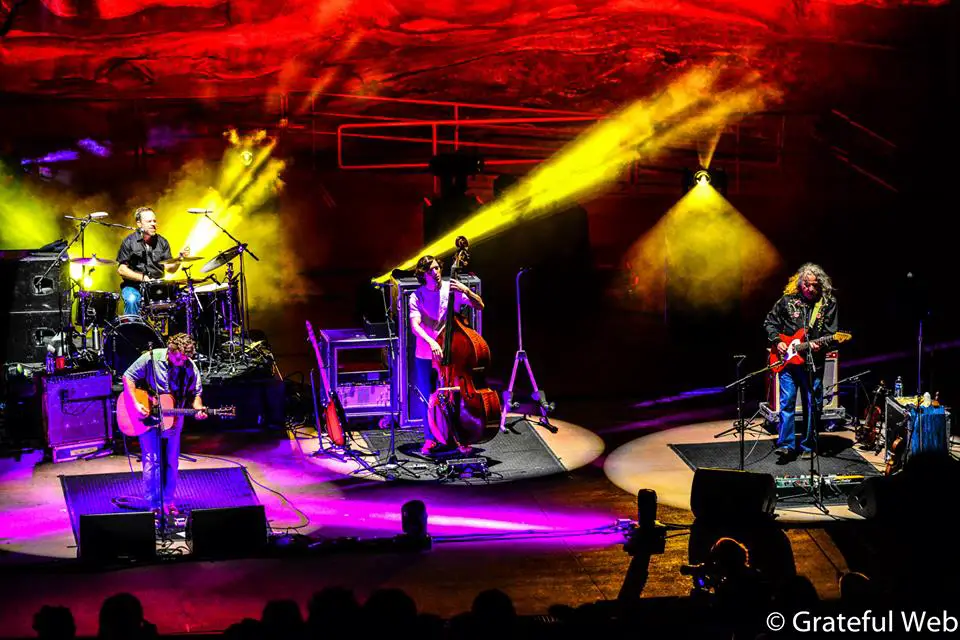
GW: Definitely, it’s always nice have other musicians to bounce ideas and melodies off of.
AA: Yeah exactly, I mean we have a great songwriter in Todd, so anytime I can get input from him or John or anybody really I’m all about it.
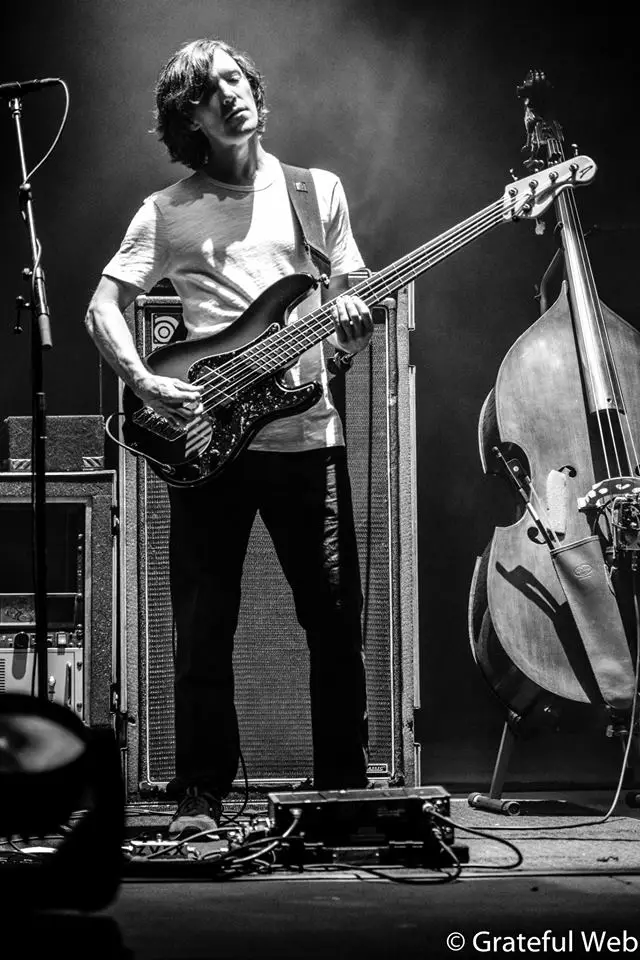
GW: Given that Railroad Earth is known as more of a live band, are there challenges to capturing that live energy and spirit in the studio? This applies to your solo project as well as RRE.
AA: Oh yeah it totally is, in my experience it’s been borderline impossible. Every now and again you get it, but the thing is you really shouldn’t try, and that’s why I really liked Tom’s approach. He makes the types of records that I like to listen to outside of the band. I grew up listening to a lot of the jam music and was heavily involved in that scene when I was younger, but as you grow older and sort of become a part of it you sort of distance yourself because it’s too close to home, you know? To stay inspired, I listen to other genres and Tom is kind of like that as well. He grew up with the Grateful Dead and everything, but now he’s really into the War on Drugs and even like Alice in Chains and that kind of stuff. So he was a perfect fit for me in that sense, because it wasn’t about trying to capture that live sound, it was about making a record that sounded like some of the other stuff we were listening to. Some people are going to get it and some people are not, you know if you expect it to sound similar to some of the other stuff we already do, they might be disappointed, but that’s not what it’s really about.
GW: Railroad Earth is often grouped into the “jam” scene, but you guys have all sorts of different musical elements whether it be bluegrass, folk, etc. Do you guys view yourself as any particular genre, or do you feel that giving yourself a label makes you have to play a certain way?
AA: Yeah, I mean that’s what most bands always say is that they don’t want to be labeled, but honestly that’s how people identify with a certain band. I’ve spent a lot of time thinking about this, the labeling isn’t about you and that’s what bands have to realize, it’s about the audience identifying with other people. Music is a community thing, whether it’s the jam community who for them getting together is a very celebratory thing, meeting up with their friends and being a part of something that is going to be different every time, that’s a community. Same with the indie rock scene, that’s it’s own community, and same with the folk and jazz scene where I spent a lot of my earlier years in. So I feel that the labels are more of just a way where fans can identify with the community that they are apart of. So people need to relax about it reflecting on them, because it doesn’t matter really. If somebody says you’re a jam band, it doesn’t matter because it’s not about you. It’s about the people who love what you do, and that’s what really matters. Railroad never set out to be a jam band, it wasn’t like “Oh, we’re gonna go for that crowd.” The guys just got together and made some music and that’s who showed up, that community of people. So that’s what makes it a jam band is the community that’s circled around it. So yeah, I guess people can call it whatever you want, as long as you enjoy the experience that’s all that matters.
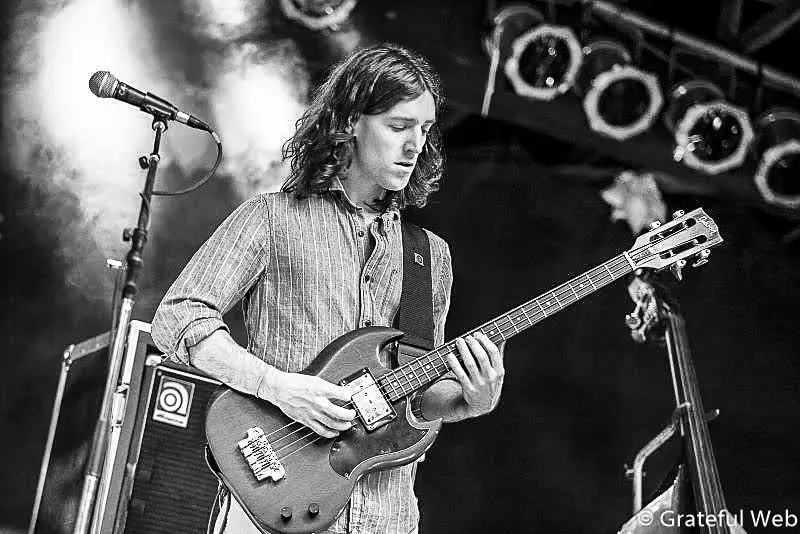
GW: Now before you joined Railroad in 2010 you played in a number of different bands including The Codetalkers and Blueground Undergrass. Tell me about some of the similarities and differences between the bands and the transition you had to make into Railroad Earth. What adjustments you had to make? Did your approach change?
AA: I think some of the biggest adjustments for me was more with my sound, making my sound translate in the variety of rooms. You know that growing process of like, what you do in the club doesn’t always work for the theatre, festival stage or even Red Rocks and vice versa. You don’t need to roll in a huge bass amp to play in a little club, although to be honest I’ve been playing with the same bass amp now for a long time (laughs). It’s kind of a nerdy answer, but honestly that’s the biggest adjustment. Stylistically the bands were very similar; a lot of improvisation and the songs were already there I just had to learn them.
GW: Before joining RRE, we’re you primarily a stand up bass player; if so, how was the adjustment to electric? Is having a fanned-fret bass like the best of both worlds?
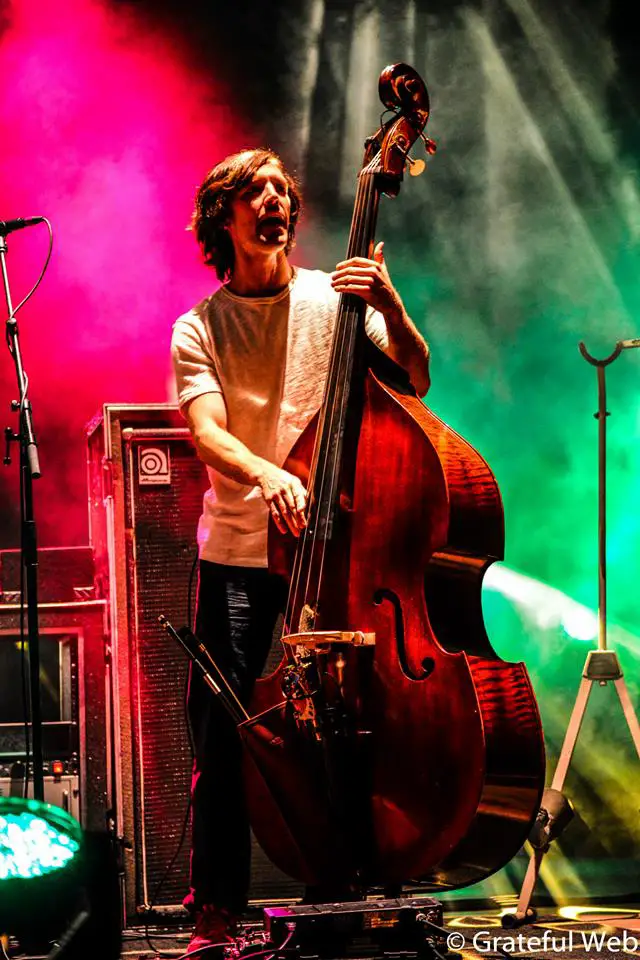
AA: That’s a great question, I feel like that’s something I’ve always tried to present as one of my strengths. Ever since I got out of college, they’ve always been equal to me. I had to go through a phase in college where I only played upright because it’s so hard, just five years of pretty much bass boot camp. After that however, I began practicing them equally, and you know there’s guys who are amazing upright players and they bring an electric to the gig just in case and vice versa. So I’ve always just tried to focus on having equal ability and expressiveness on both and whichever one works for the song that’s the one I pick up.
GW: So is a fanned-fret bass sort of like having the best of both worlds?
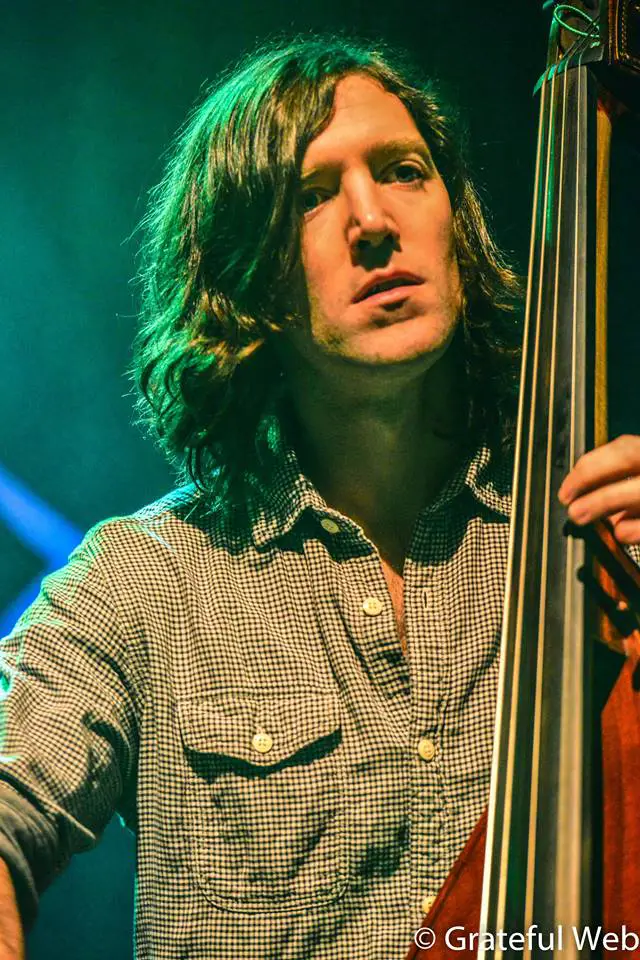
AA: Yeah sort of in a way, and now we’re going to get deep into the deep nerd stuff here.
GW: We like the deep nerd stuff here.
AA: The thing is it’s not about the mixture as much as the scale and the short strings. When I first joined the band I was playing a short scale but then the low strings didn’t sound as good, and then I was playing a longer one the low strings sounded good but on top things were weird, so a fanned-fret sort of evens them all out. In my formative years I was a big fan of players like Mike Gordon and Phil Lesh, and Dave Schools for sure, and they are all modulus players. I happened to have the same type of bass, it was a 6-string modulus bass, but as soon as I got into the scene a little bit and started to play a bit bigger shows you didn’t want to be that guy, you know? I wanted to have my own take on that, so the idea behind the bass that I play now is that it’s supposed to be as consistent as those modulus basses but it’s modeled after a Fender P bass, which is my favorite sound, it’s an old school sound. So I want this old school sound but with that modern evenness, so that I’m not just ripping off those guys and I can develop my own signature sound hopefully.
GW: Railroad Earth just released the live at Red Rocks 2014 DVD; tell me about the experience and what it was like playing at one of the most famous venues in the country?
AA: Yeah I mean, if I had to put it into words I guess it was just such an affirmative experience, meaning all the work you’ve put in, the years of playing, and especially the groundwork that these guys laid before I got into the band pays off. Looking back on all those long nights where you didn’t get any sleep, or you didn’t get paid, or you’re away from your family, when all those people show up to support you at an amazing venue like that it just really affirms what you’re doing. You don’t feel like “Oh I made it,” it’s more like “Okay this I went through all that other stuff, this is it.”
GW: You’ve been with Railroad for going on 5 years now, what are some of the most memorable moments of the last 5 years?
AA: Oh man, I’d have to think for the gems. Obviously Red Rocks is one of them, that was my first time playing there. I mean growing up as a kid you listen to records that are recorded there, but there’s a lot of other fun stuff that we’ve one out in Colorado or California that has been really memorable. Even just simple stuff like snowboarding with the guys on our off days, or like last night where we just had a little party on the bus and I was the Iphone DJ and we listened to old Motown records until like 4 am. Stuff like that, those are times where you look back and reminisce. Obviously so many of the shows have been great, but it reaches a point where they begin to blend together. Speaking of that however, there are those great moments where you find yourself on stage playing next to Phil Lesh and your like, “How the fuck did I end up here?” I mean pardon the language, but in your mind that’s exactly what you’re saying to yourself. One time we had Mike Gordon show up to our show in Burlington, that was another really weird thing it’s like, “Dude, you came to my show? What is going on here?” So a lot of stuff like that. Playing with Bruce Hornsby that was another really cool experience, because I it’s like man I grew up listening to you!
GW: Alright couple more for you Andrew then we will let you go, who have been some of the most influential bass players in your life? You mentioned Gordo and Lesh, anyone other really players that really left an impression on you?
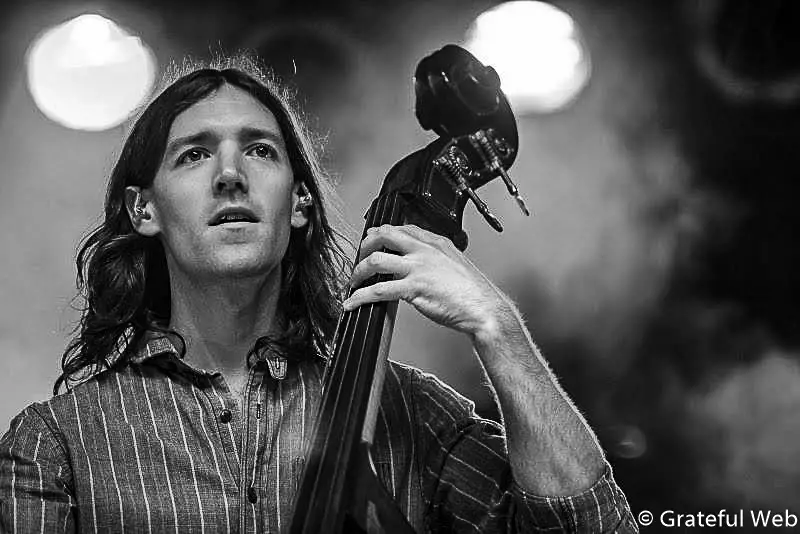
AA: Oh yeah, the thing is that as young as the instrument is, it’s been around for about 60 years now, there’s still just so many players to wrap your head around. For me when it comes to the pioneers of bass outside of the guys I already mentioned, it’s always going to be James Jamerson who’s pretty much the Motown bass player. Basically every oldies song you’re ever going to hear, and some people call them oldies it’s really Motown, that’s like either going to be James Jamerson or Bob Abbott on all those tracks. It’s just the original funky P bass and there’s really nothing better than that. So there’s that whole side of it, but in the jazz scene it’s always been Scott LaFaro and Ray Brown, I mean they are very different players but those two guys on the upright are just insane. Obviously Edgar Meyer as well but he’s different, he’s on like a freak level you know? He’s so versatile, I mean there’s classical guys who can play like him but that’s all they do, he’s in that unique classical yet Americana style. He’s just a freak; I can’t even begin to do what he does with a bow. Also, I mean growing up I listened to a lot of Victor Wooten but once you learn all the slap stuff, I mean every project he’s in is built around him doing what he does. You start slapping on 90% of the gigs you get as a young bass player, and people will look at you like what are you doing? I learned that early on, you’d bust it out on some Beatles cover song and start slapping and everyone would be look at you like whoa man, what are you doing? You might get fired (laughs).
GW: What does 2015 hold for Andrew Altman and Railroad Earth?
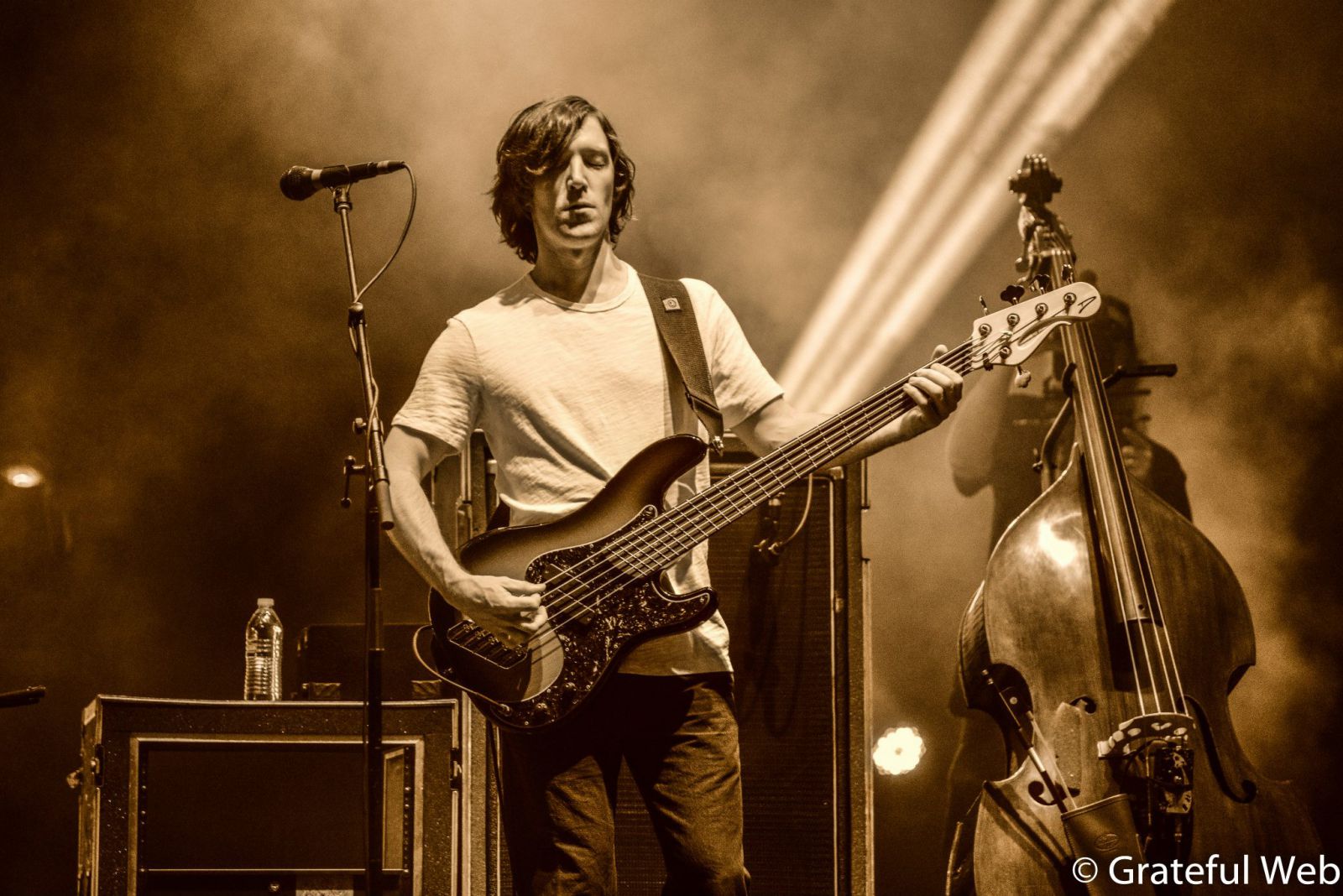
AA: Well one of the biggest things right now, as you mentioned earlier, is the release of our Live at Red Rocks 2014 DVD which is coming out literally like right now. Also though, this collaboration with Warren Haynes which is still in its formative stages. We’ve done 25 songs with him in the studio and so we’re waiting to what happens with those tracks, I mean everyone is just so busy right now.
GW: Does this project have a name yet?
AA: Well so far it’s just Warren Haynes and Railroad Earth, but there will be some stuff that will be announced soon. The Peach Fest lineup just came out and we’re both on that, so we will have to wait and see what makes it into that set musically. There’s nothing announced yet, but we’re trying to work on some shows with him, maybe like a little run or something where we can debut some of these tracks and feature everyone’s music. That would be really exciting for us, we’ve been doing a packaged tour every summer which has featured people like Bruce Hornsby or Yonder, so hopefully we can pull it together with Warren. For myself, it’s more just about stepping out there. That’s what this whole solo EP was about was taking that first creative step. I’ve been working on making some shows happen but we’ve been so busy with Railroad that I really have to find holes in the schedule to make that work. I’ve got a few solo local things happening, but nothing on par with like a full tour yet. The tricky thing is, I mean I’ve got a bunch of guys that I play with outside of Railroad, but lining up their schedules can be tough because like I said everyone is just so busy. But yeah, it really just begins with getting the record out and then just taking things from there.
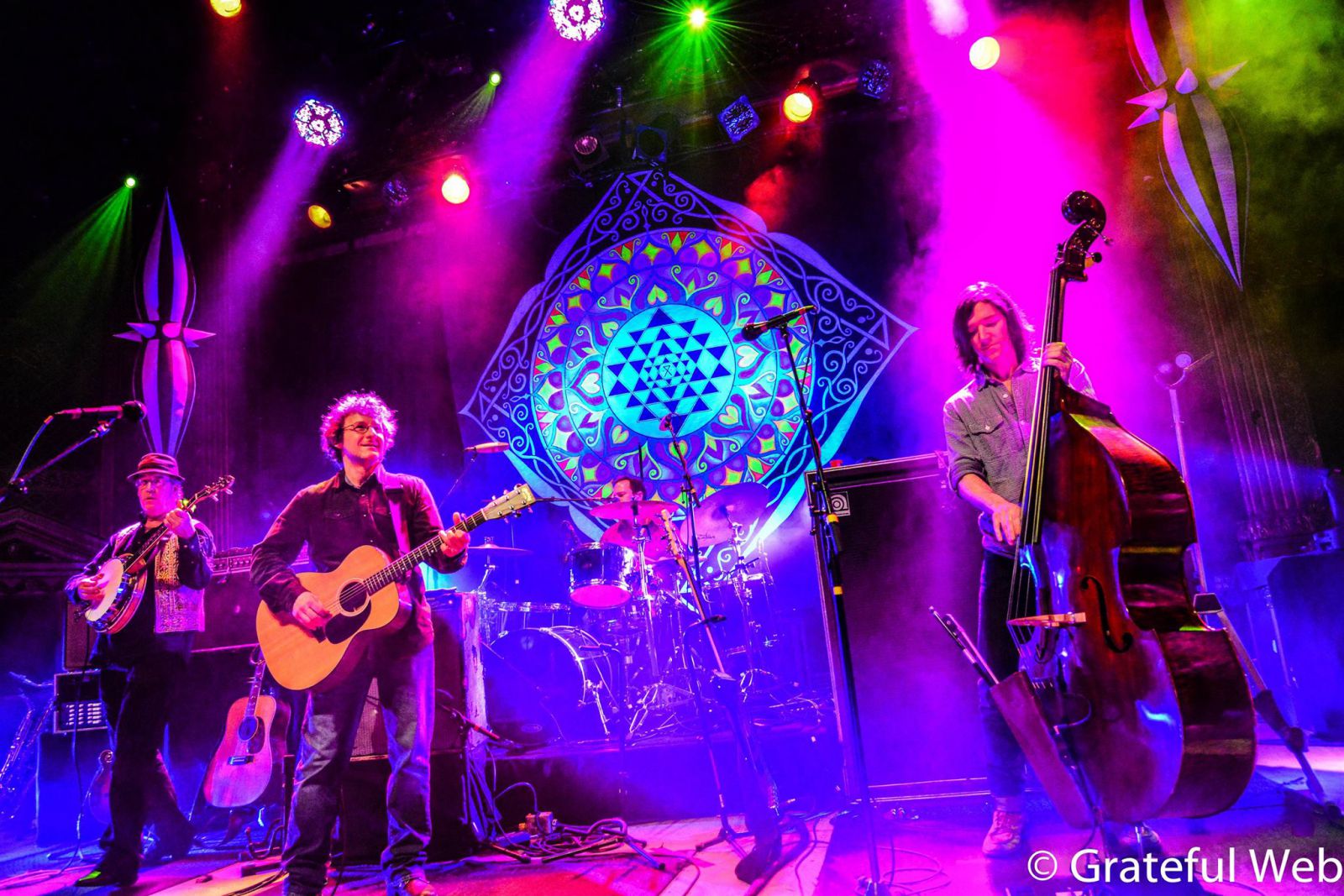
GW: Andrew, thank you so much for taking the time to sit down with us today. Congratulations on the new EP and we will catch you on the road in 2015.
AA: Alright guys, thank you so much!





